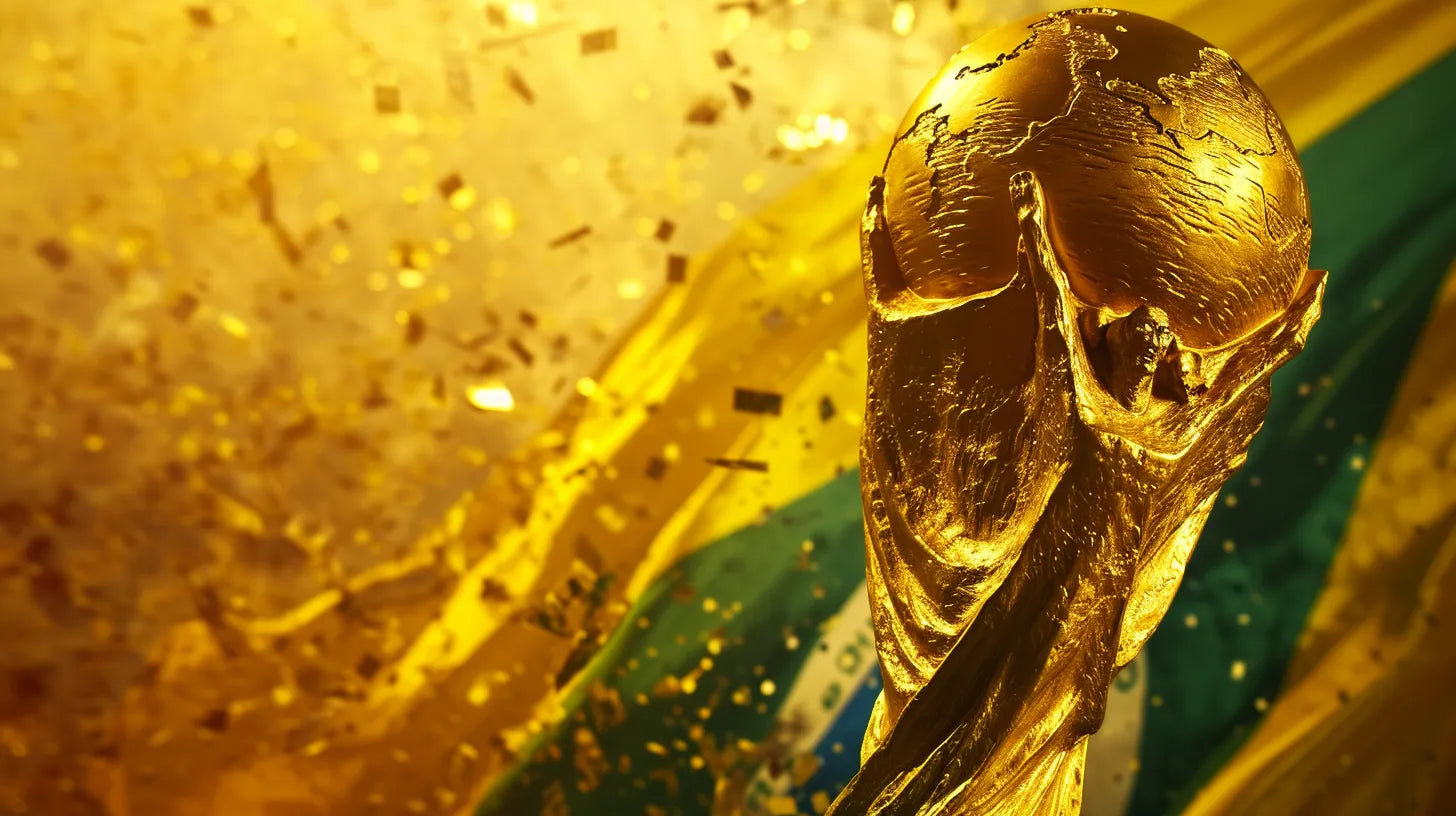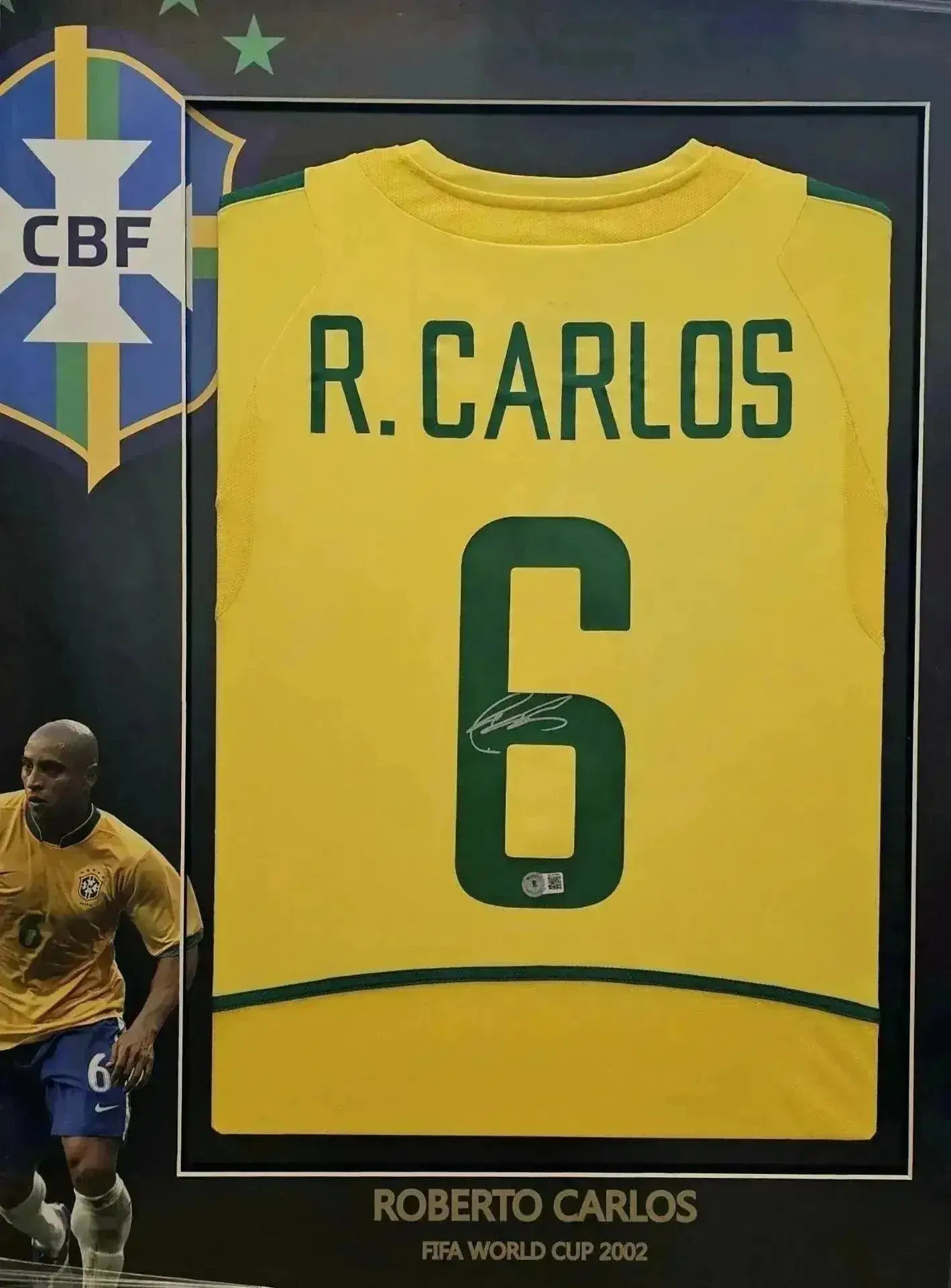


The FIFA World Cup 2002, co-hosted by South Korea and Japan, was a tournament of unprecedented surprises and remarkable achievements. From the group stages to the final, fans witnessed underdog triumphs, the fall of giants, and the resurgence of footballing powerhouses.
The group stage of the 2002 World Cup was rife with unexpected outcomes. Defending champions France suffered a shocking exit, finishing last in Group A without scoring a single goal. Their campaign began with a 1-0 defeat to debutants Senegal, a result that set the tone for the tournament's unpredictability.
Argentina, another pre-tournament favorite, also faced an early exit, finishing third in Group F behind Sweden and England. England's 1-0 victory over Argentina, courtesy of a David Beckham penalty, was a pivotal moment that showcased the Three Lions' resilience.
Co-hosts South Korea and Japan both advanced beyond the group stage, a first in World Cup history for host nations. South Korea topped Group D, while Japan led Group H, igniting national pride and enthusiasm.
The Round of 16 continued the trend of thrilling encounters. Germany edged past Paraguay with a late goal from Oliver Neuville, while Brazil overcame a resilient Belgium side 2-0, with goals from Rivaldo and Ronaldo.
South Korea's dream run persisted as they stunned Italy with a golden goal from Ahn Jung-hwan, securing a 2-1 victory. Meanwhile, Turkey defeated co-hosts Japan 1-0, thanks to a header from Ümit Davala.
In the quarter-finals, Germany faced a formidable United States team but emerged victorious with a 1-0 scoreline, courtesy of a Michael Ballack header. Brazil showcased their attacking prowess by defeating England 2-1, highlighted by Ronaldinho's audacious long-range free-kick that caught goalkeeper David Seaman off guard.
South Korea continued their historic journey by eliminating Spain in a penalty shootout after a goalless draw, becoming the first Asian team to reach the semi-finals. Turkey advanced by defeating Senegal 1-0 in extra time, with İlhan Mansız scoring the decisive golden goal.
The semi-finals featured intense matchups. Germany ended South Korea's remarkable run with a 1-0 victory, as Ballack netted the only goal, propelling Germany to their seventh World Cup final.
Brazil faced Turkey in the other semi-final, securing a 1-0 win through a goal from Ronaldo, who continued his prolific form. This victory set up a highly anticipated final between two footballing giants.
The final, held at Yokohama's International Stadium, was a showcase of skill and determination. Brazil and Germany battled for supremacy, with both teams creating opportunities. However, it was Ronaldo who stole the spotlight, scoring twice in the second half to secure a 2-0 victory for Brazil. This triumph marked Brazil's fifth World Cup title, reinforcing their status as a football powerhouse.
The 2002 World Cup was a celebration of football's global appeal, featuring unforgettable matches, emerging stars, and historic achievements. For fans and collectors, memorabilia from this tournament, such as signed jerseys from standout players like Ronaldo, Oliver Kahn, David Beckham, and Ahn Jung-hwan, serve as cherished mementos of a truly remarkable event.
At Walkouts, you can explore a curated selection of authentic signed jerseys from the 2002 World Cup, each telling a story of passion, dedication, and excellence on football's grandest stage.
